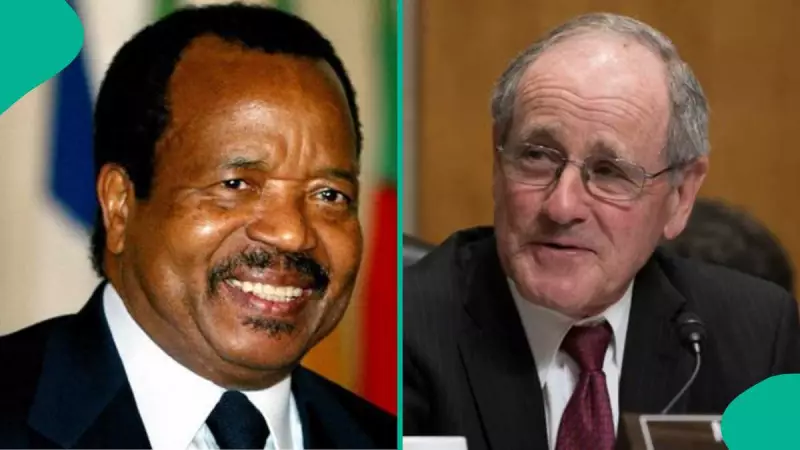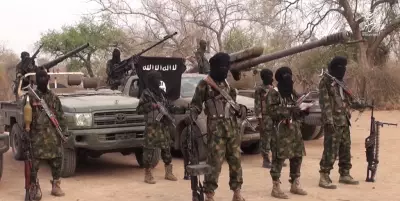
In a startling development that has sent shockwaves through diplomatic circles, United States Senator Chuck Grassley has made explosive allegations against an African president, accusing them of creating conditions that enabled the deadly Boko Haram terrorist group to flourish.
Senator's Damning Accusation
During a recent Senate floor session focused on global security threats, Senator Grassley didn't mince words when discussing the origins of Nigeria's prolonged security nightmare. The veteran lawmaker asserted that leadership failures at the highest level provided the perfect breeding ground for Boko Haram's expansion.
'The crisis we see today in Northern Nigeria didn't emerge from nowhere,' Senator Grassley declared during his address. 'It was allowed to thrive because of enabling conditions created by those in power.'
The Boko Haram Legacy
The Islamist militant group, which gained international notoriety for the 2014 Chibok schoolgirls abduction, has been responsible for one of Africa's most devastating security crises. For over a decade, Boko Haram's campaign of violence has resulted in:
- Over 30,000 deaths according to UN estimates
- Displacement of more than 2 million people
- Widespread destruction of communities and infrastructure
- Severe humanitarian crises across the Lake Chad region
International Implications
Senator Grassley's comments highlight growing international concern about leadership accountability in combating terrorism. The remarks suggest that Western allies are increasingly willing to call out African leaders they believe have failed to adequately address security threats within their borders.
'When leadership turns a blind eye or fails to take decisive action against terrorist elements, the consequences extend far beyond national borders,' the Senator emphasized, pointing to regional stability concerns.
Regional Security Concerns
The Boko Haram insurgency has not been contained within Nigeria's boundaries, spilling over into neighboring Cameroon, Chad, and Niger. This cross-border threat has necessitated multinational military cooperation and drawn international counter-terrorism efforts into the region.
Security analysts note that Grassley's statement reflects ongoing frustration among international partners about the persistent nature of the threat despite years of military campaigns and peacekeeping efforts.
Looking Forward
As Nigeria continues to grapple with multiple security challenges, including the Boko Haram insurgency in the northeast, international scrutiny of leadership effectiveness is likely to intensify. Senator Grassley's blunt assessment signals that the international community may be adopting a more direct approach in holding leaders accountable for security failures.
The coming weeks will reveal whether this diplomatic pressure yields tangible results in addressing one of Africa's most persistent security crises.





